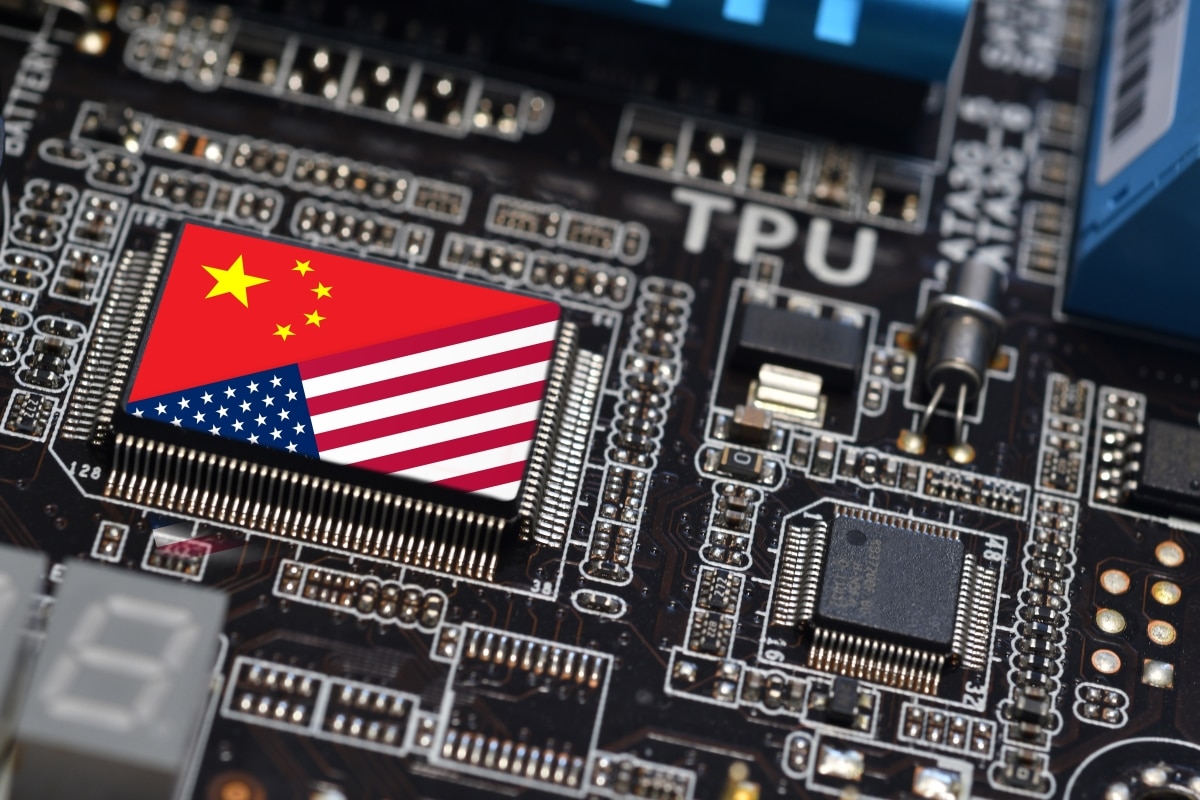The United States is in a crucial phase of its strategic competition with China, particularly concerning Artificial Intelligence (AI). As China aggressively pursues AI through government and industrial collaboration policies, questions arise around the involvement of US technology companies that contribute to China’s technological advances. It suggests that it is time for these corporations to choose between assisting China or supporting US national security. Further, the author stresses the need for a well-defined National AI Strategy and urges the American government to incentivize domestic investment in AI and neutralize it in competitive nations like China.
Key Points:
- China is actively pursuing AI using a comprehensive government-industrial collaboration policy, focusing on AI’s military applications. The US, in strategic competition with China, must consider its approach carefully.
- American technology companies, including Microsoft, IBM, and Dell, have significant involvement in China. Despite contributing to China’s technological growth, these companies may also face security risks due to their involvement.
- The Chinese Next-Generation AI Development Plan intends to make China the world’s leading AI powerhouse by 2030. This coincides with their military strategy to transition from “informatized” to “intelligentized” warfare.
- The urges of American companies to choose between aiding China or upholding US national security. They suggest that the development of powerful technologies like generative AI should be focused on America and allied countries that share democratic values.
- There’s a call for a comprehensive National AI Strategy in the US, focusing on national security, ethics, and social cohesion. The author advocates for the use of federal procurement tools, especially through the Defense Department, to incentivize domestic AI investment and discourage it in competitive countries like China.






